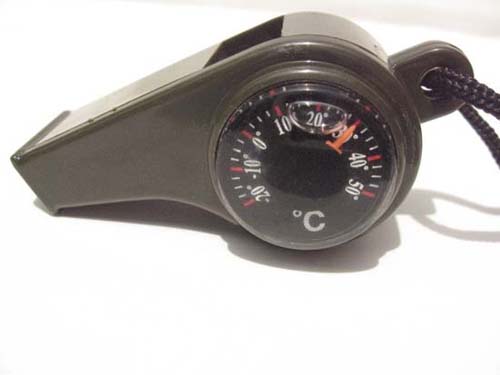When I was a child of seven years old, my friends, on a holiday, filled my pocket with coppers. I went at once to a shop where they sold toys for children. Being charmed with the sound of a whistle that I had seen by the way, in the hands of another boy, I handed over all my money for one. I then came home, and went whistling all over the house, much pleased with my whistle, but disturbing all the family. My brothers and sisters and cousins, when I told of the bargain I had made, said I had given four times as much as the whistle was worth. They put me in mind of what good things I might have bought with the rest of the money, and laughed at me so much for my folly that I cried with vexation. Thinking about the matter gave me more chagrin than the whistle gave me pleasure. This, however, was afterwards of use to me, for the impression continued on my mind, so that often, when I was tempted to buy something I did not need, I said to myself, "Don't give too much for the whistle," and I saved my money. As I grew up, came into the world, and observed the actions of men, I thought I met with many, very many, who "gave too much for the whistle". If I knew a miser who gave up every kind of comfortable living, all the pleasure of doing good to others, all the esteem of his fellow citizens and the joys of friendship, for the sake of gathering and keeping wealth—"Poor man," said I, "you pay too dear for your whistle." When I met a man of pleasure, who did not try to improve his mind or his fortune but merely devoted himself to having a good time, perhaps neglecting his health, "Mistaken man," said I, "you are providing pain for yourself, instead of pleasure; you are paying too dear for your whistle." If I saw someone fond of appearance who had fine clothes, fine houses, fine furniture, fine earrings, all above his fortune, and for which he had run into debt, "Alas," said I, "he has paid dear, very dear, for his whistle." In short the miseries of mankind are largely due to their putting a false value on things—to giving "too much for their whistles". | |



